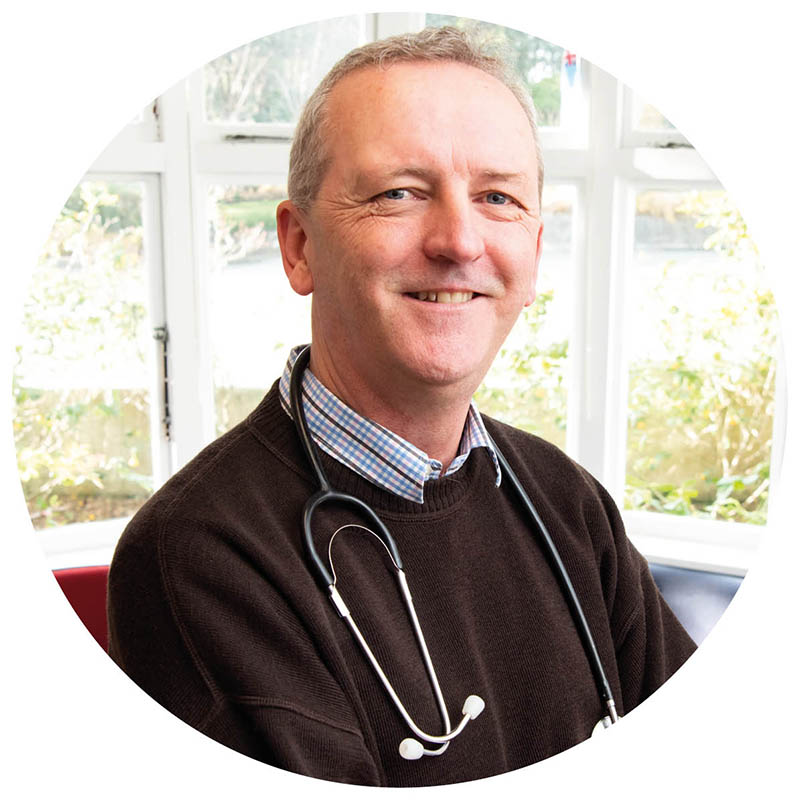Research into the lives of people who have survived cancer longer than expected, including questions about their use of alternative therapies, is being led by Professor Kevin Dew from Te Kura Mahinga Tangata—the School of Social and Cultural Studies.
Kevin says one of his interests in the project is to find out why people opt for ‘unorthodox’ treatments, when there may be limited or no scientific evidence to support their use.
“I’m interested in how people come to choose what they choose when they are not taking something orthodox—what do they give credibility to?”
As part of the project, 80 people classified as having ‘exceptional cancer trajectories’—living much longer than expected—have been interviewed to find out about their medical treatment and any alternative remedies they used.
Study participants include people with lung cancer, soft tissue carcinomas, breast cancer, and pancreatic and oesophageal cancers.
Initial findings suggest participants had diverse approaches to dealing with a cancer diagnosis.



